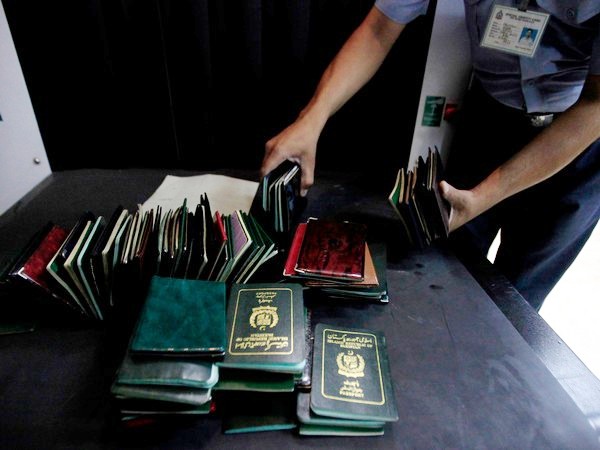(Forelines) – Pakistani passport has been ranked as one of the weakest globally, placing 103rd in the 2025 Henley Passport Index, marking a notable decline from its position last year, according to The News International.
Pakistan shared its rank with Yemen this year, granting visa-free access to only 33 countries, a sharp contrast to the world’s most powerful passports. The Henley passport Index, which ranks the passports of 199 nations based on visa-free travel access, is based on exclusive data from the International Air Transport Association (IATA), as per The News International report.
The passport ranking highlights a troubling reality for Pakistani citizens, as the country falls further behind other nations in terms of global mobility. In contrast, Singapore holds the top position, with offering visa-free access to 195 countries. After closely behind are Japan and multiple European countries, including France, Germany, Italy, and Spain, which now rank third with access to 192 destinations. Meanwhile, nations such as Finland and South Korea, which were once ranked higher, have also seen a decline in their position over the past year, according to The News International report.
Iraq (104th), Syria (105th), and Afghanistan (106th) are among the nations with weaker passports than Pakistan. While countries like Somalia, Nepal, Palestine, and Bangladesh rank slightly higher. Somalia holds the 102nd position, only one place above of Pakistan.
In 2024, the Pakistani passport was ranked among the weakest globally, holding the 104th spot. However, the 2025 rankings show a modest improvement, albeit still indicating limited travel freedom for Pakistani nationals. This low ranking highlights the difficulties faced by Pakistani citizens in accessing global opportunities and raises concerns about the country’s diplomatic relations and passport strength, according to The News International report.
The Henley Passport Index highlights the expanding gap in global mobility, with the low ranking of the Pakistani passport serving as a reminder of the challenges many face in a world where travel is increasingly viewed as a symbol of international connectivity and opportunity.

